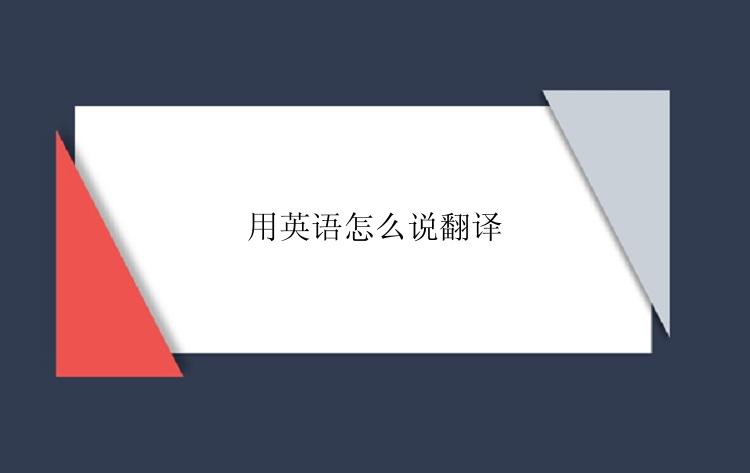
1. The word "翻译" in Chinese can be translated into English as "translation". Translation is the process of converting written text or spoken words from one language into another, while preserving the original meaning. It plays a crucial role in bridging communication gaps and facilitating understanding between different cultures and languages.
2. The field of translation is diverse and encompasses various types, such as literary translation, technical translation, legal translation, medical translation, and many more. Each type requires different skills and expertise to ensure accurate and effective communication between languages.
3. Translating involves not only replacing words or phrases but also capturing the cultural nuances and idiomatic expressions that may exist in the source language. It requires the translator to have a deep understanding of both the source and target languages, as well as the subject matter being translated.
4. With the advancements in technology, translation has become more convenient and efficient. There are now numerous translation tools and software available that can assist translators in their work. However, human translation still remains essential, especially for complex texts that require critical thinking and cultural adaptation.
5. The demand for professional translators has been increasing in recent years, driven by globalization and the need for effective cross-cultural communication. Many companies and organizations now require translators to help them reach international markets and communicate with diverse audiences.
6. In conclusion, translation is the process of converting text or speech from one language into another while preserving the original meaning. It requires language proficiency, cultural understanding, and subject matter expertise. With the rise of globalization, the field of translation continues to grow in importance, enabling communication and understanding between different languages and cultures.





